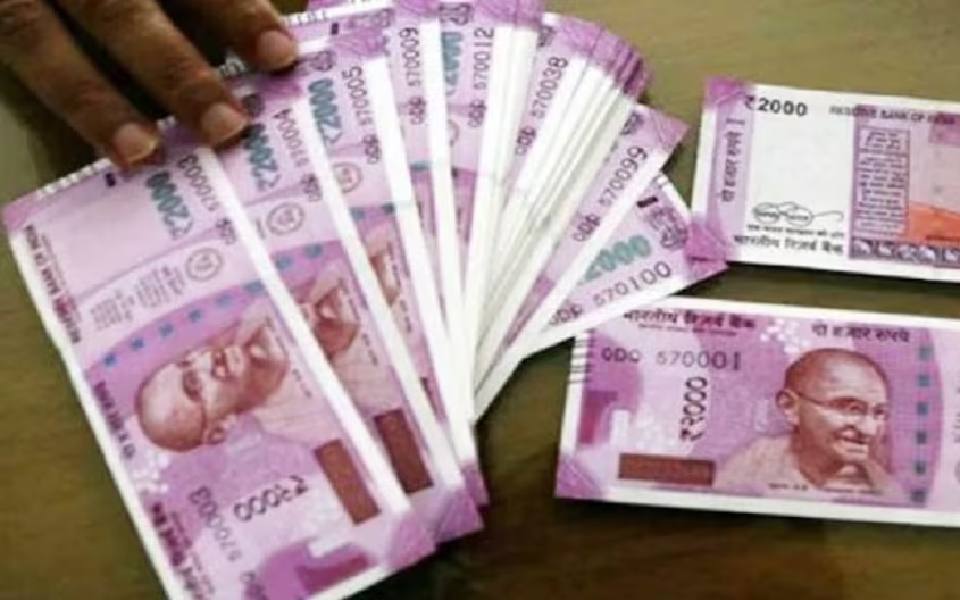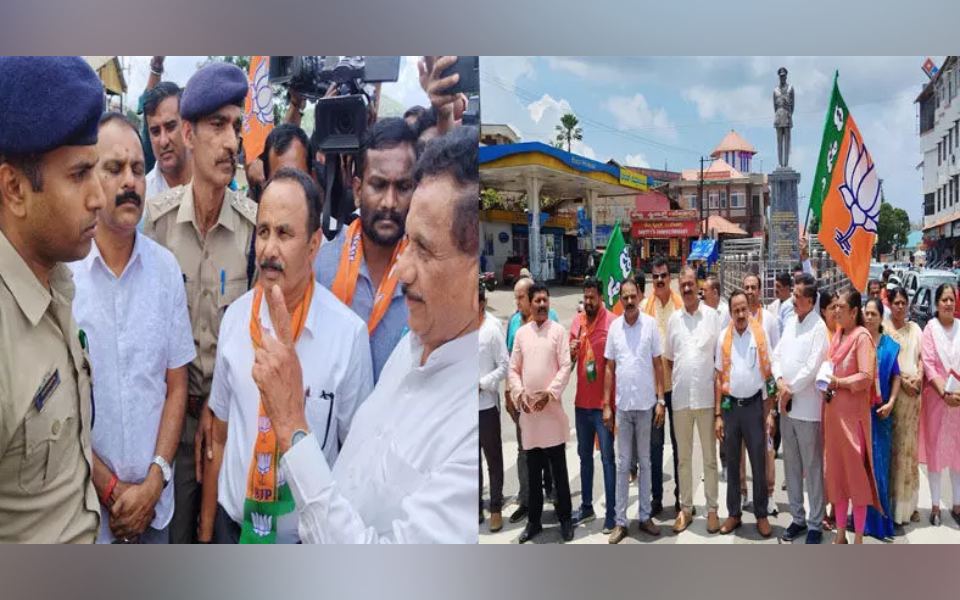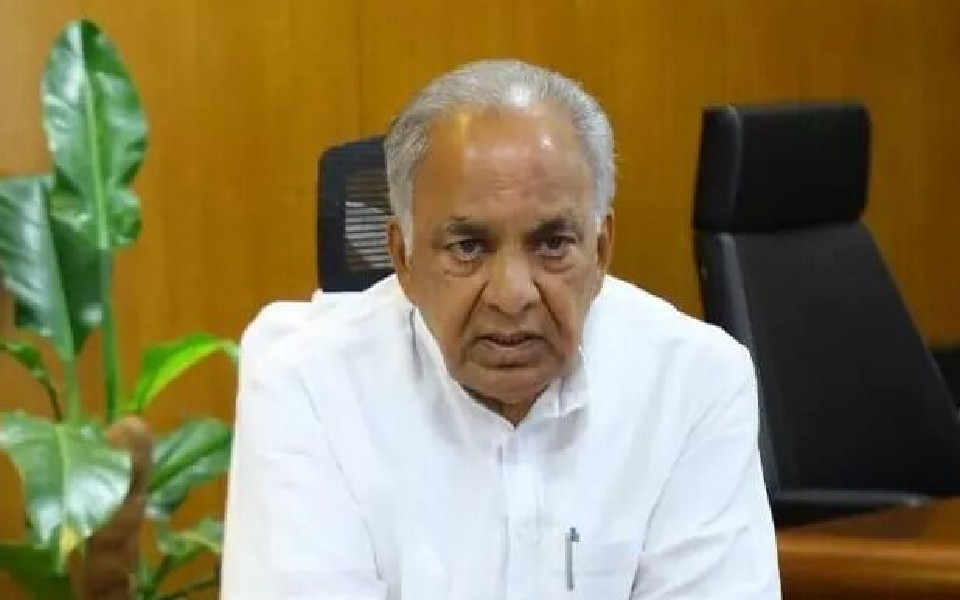Mumbai: In a significant move, the Reserve Bank of India (RBI) has announced the immediate discontinuation of printing new ₹2000 denomination banknotes. However, it has clarified that the existing ₹2000 banknotes will continue to be recognized as legal tender.
The introduction of ₹2000 banknotes in November 2016 was aimed at swiftly fulfilling the currency requirements of the economy after the withdrawal of ₹500 and ₹1000 banknotes. With the circulation of banknotes in other denominations improving over time, the original purpose of introducing the ₹2000 banknote has been successfully achieved, leading to its printing being halted in 2018-19.
The RBI's decision to withdraw ₹2000 banknotes from circulation aligns with its "Clean Note Policy." Despite this, individuals can still use these banknotes for transactions as they will remain legal tender, said RBI in its press release.
To ensure convenience and minimize disruptions at bank branches, the exchange of ₹2000 banknotes for banknotes of other denominations will be limited to ₹20,000 at a time, effective from May 23, 2023. Banks have been instructed to provide deposit and exchange facilities for ₹2000 banknotes until September 30, 2023.
Furthermore, the RBI's 19 Regional Offices with Issue Departments will facilitate the exchange of ₹2000 banknotes up to the limit of ₹20,000 at a time, starting from May 23, 2023.
Let the Truth be known. If you read VB and like VB, please be a VB Supporter and Help us deliver the Truth to one and all.
Guwahati, Apr 4 (PTI): The Assam cabinet has decided to lift all cases pending against people from the Koch Rajbongshi community in the Foreigners' Tribunals, Chief Minister Himanta Biswa Sarma said on Friday.
They will also no longer carry the tag of 'D' or doubtful voters, he said.
''There are 28,000 cases pending in different Foreigners' Tribunals in the state against people of the community. The cabinet has taken a historic decision of lifting the cases with immediate effect,'' Sarma said at a press conference here after the cabinet meeting.
The government believes that the Koch Rajbongshis are an indigenous community of the state and they are an inextricable part of ''our social and cultural fabric'', he asserted.
The people of this community are poor and have suffered a lot over the years, he said.
''They will no longer carry the tag of foreigners or ‘D’ voters,'' the CM said.
Foreigners Tribunals are quasi-judicial bodies, particularly in Assam, established to determine if a person residing in India is a "foreigner" as defined by the Foreigners Act of 1946, based on the Foreigners (Tribunals) Order of 1964.
These tribunals are designed to address matters related to citizenship and the presence of “foreigners” in India, specifically focusing on cases where someone is suspected of being an illegal immigrant.
There are 100 Foreigners’ Tribunals across Assam.
The Koch Rajbongshis have a sizeable presence in Assam, West Bengal, Meghalaya, and parts of Bangladesh, Nepal, and Bhutan, and they demand Scheduled Tribe status.





